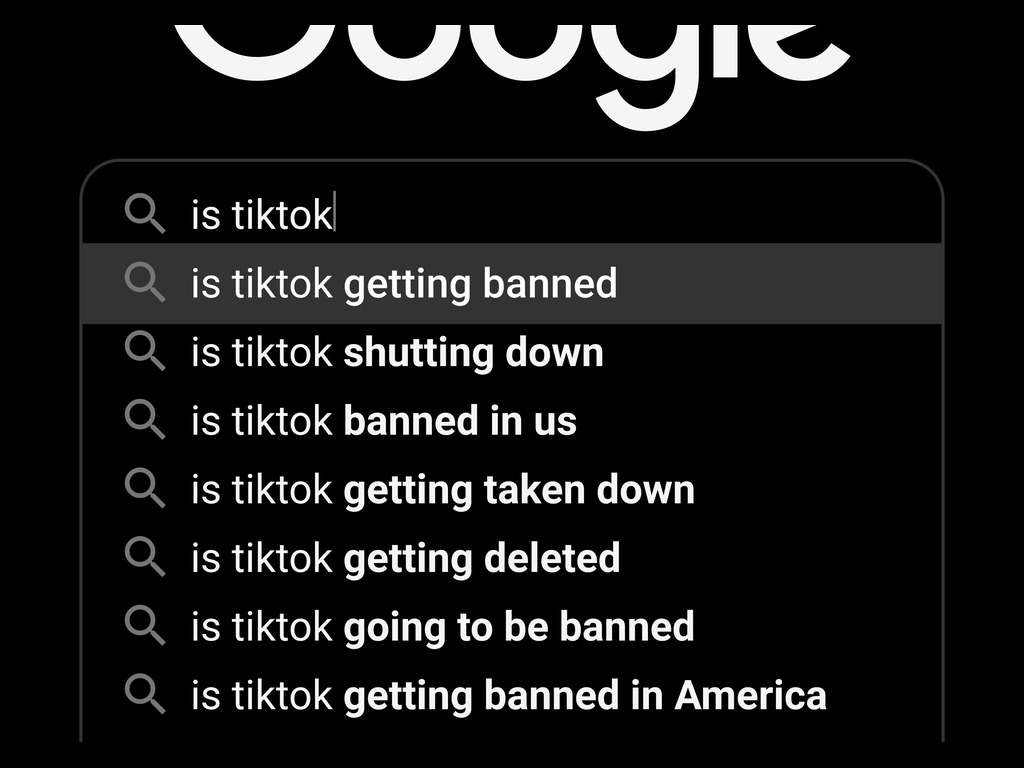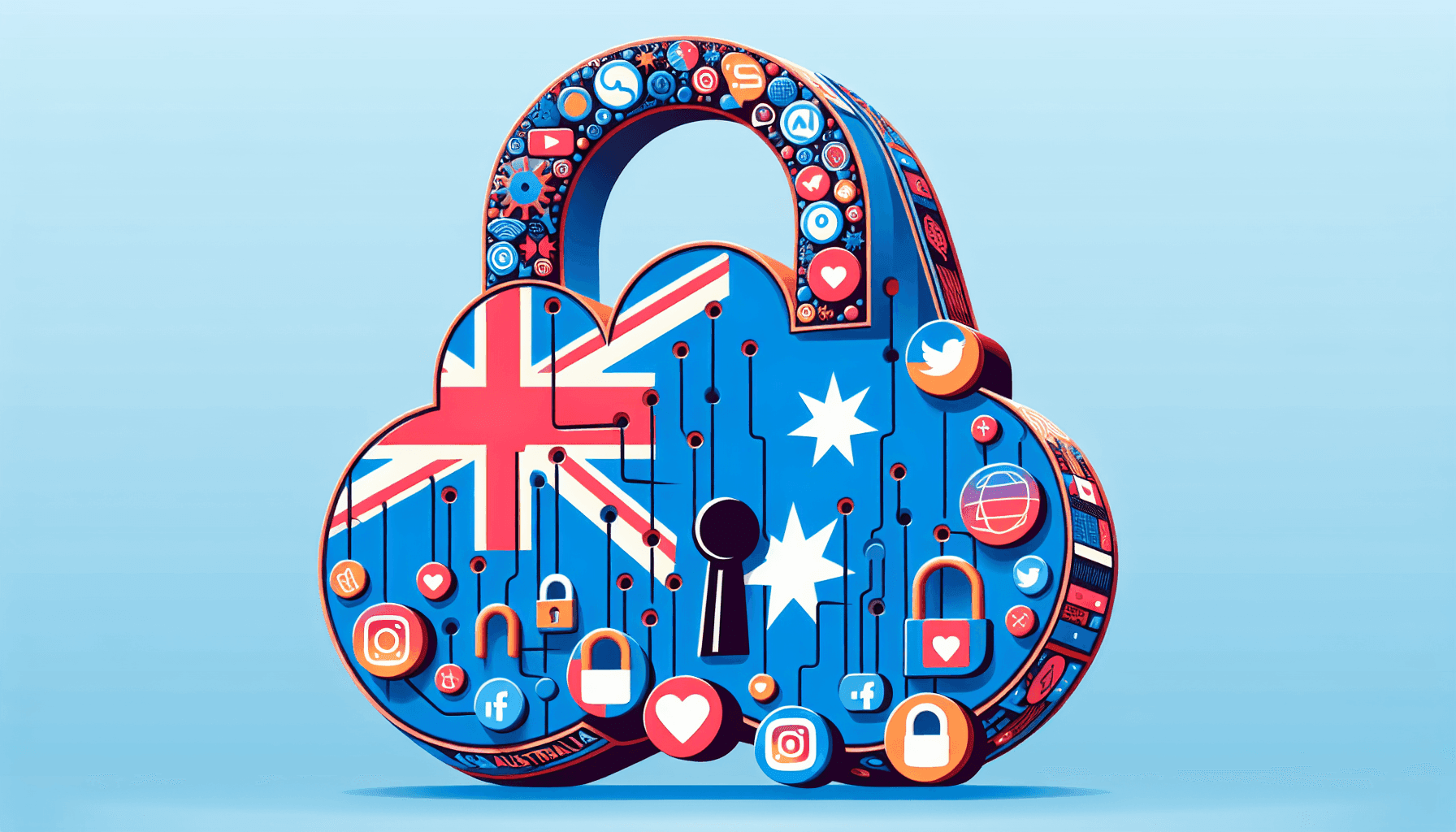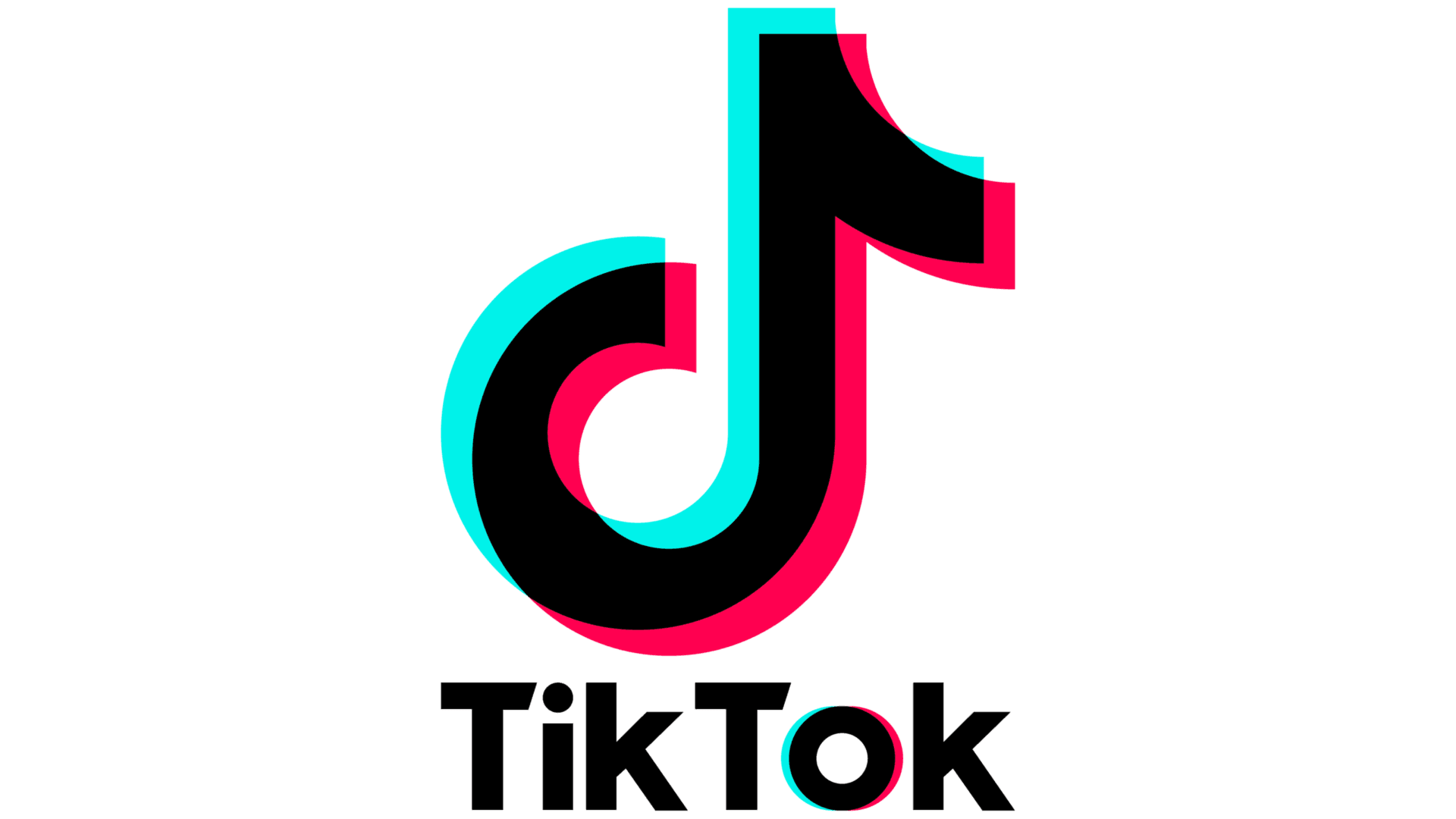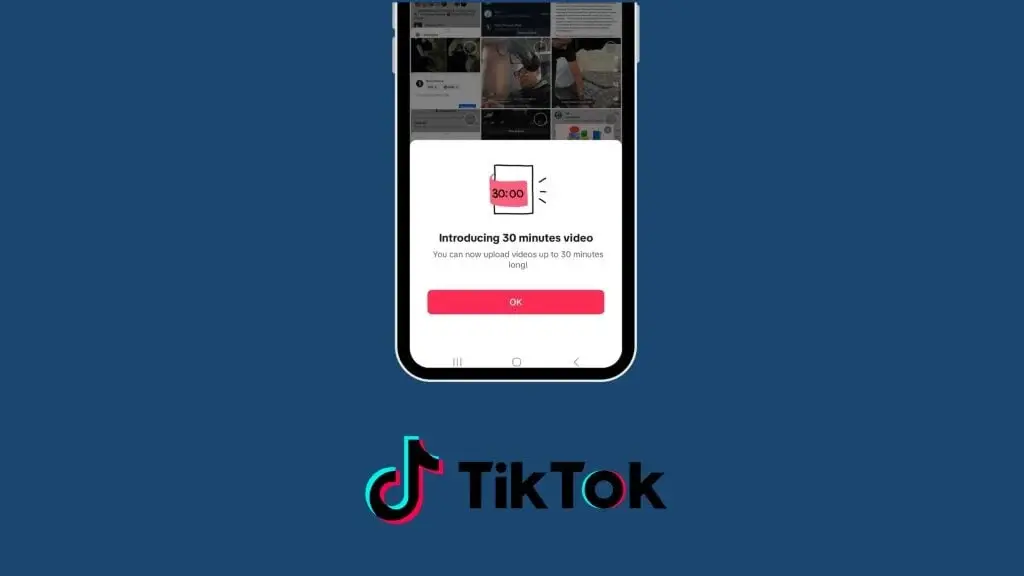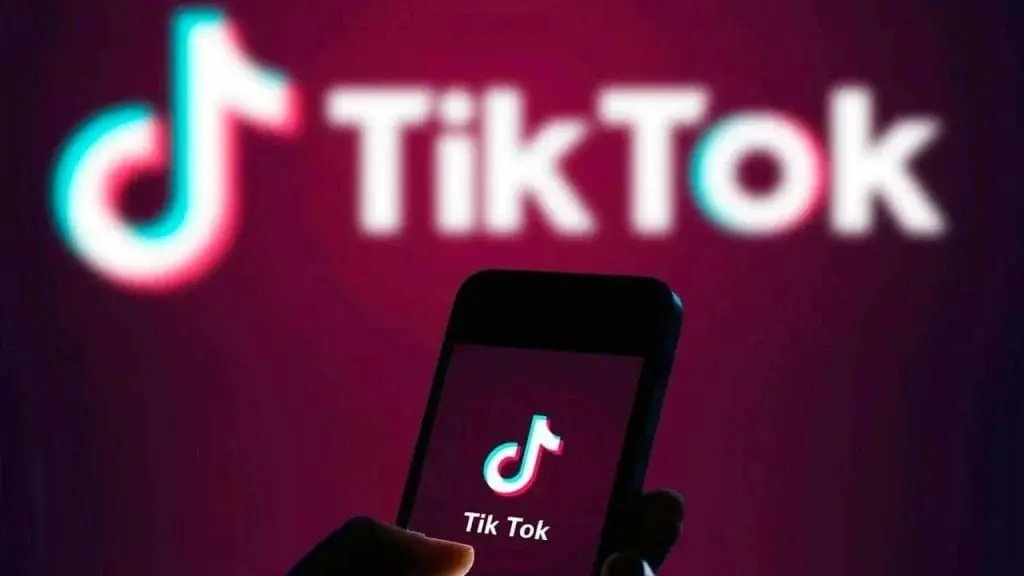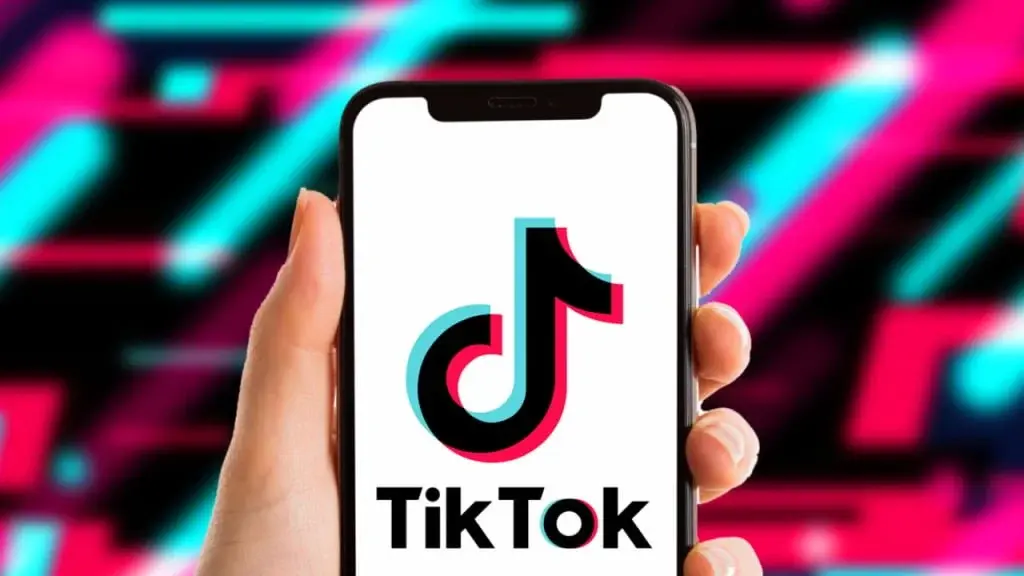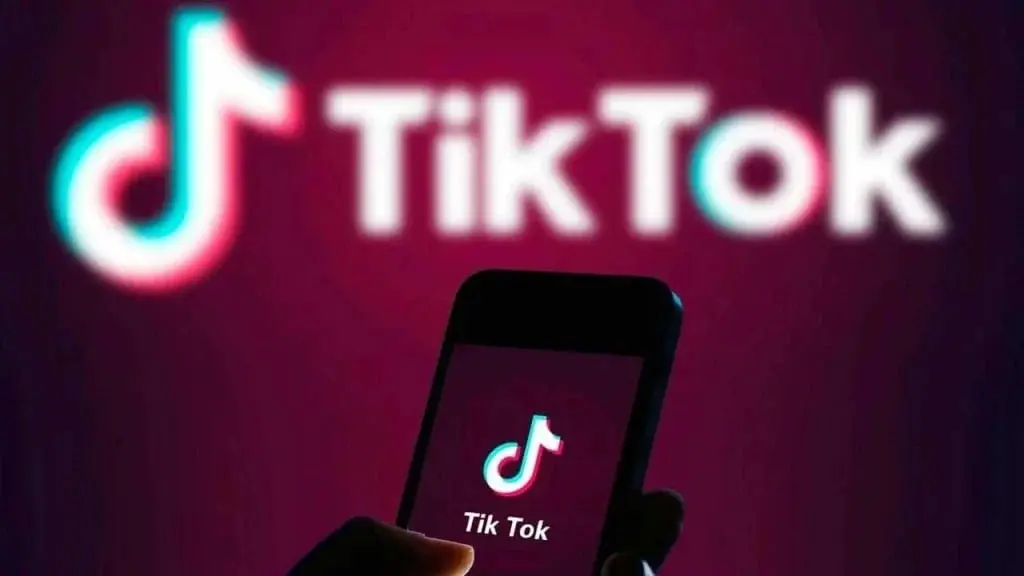TikTok, the popular platform for short videos, has submitted an emergency request to postpone its expected ban in the US set for January 19, 2025. The parent company, ByteDance, a Chinese tech giant, claims that the Supreme Court requires additional time to evaluate the case.
Impact on Users and Businesses
In a statement, ByteDance highlighted that TikTok boasts “170 million American users.” The proposed ban would adversely affect small businesses, which “would lose more than $1 billion in revenue,” while creators could face nearly $300 million in lost income within just one month.
Economic Contributions
ByteDance emphasized that “the advertising, marketing, and organic reach on TikTok contributed $24.2 billion” to the GDP of the US. Moreover, TikTok’s operations have added another “$8.5 billion” to the economy.
Political Landscape
The company argued that a delay would give “the incoming Administration time to determine its position—which could moot both the impending harms and the need for Supreme Court review.” They also mentioned that President-Elect Donald Trump publicly expressed he is “gonna save TikTok.” The new administration’s security advisor has also stated they need “to allow the American people access to that app.”
Additionally, ByteDance noted that one of Trump’s nominees, RFK Jr., has started an online petition to contest the ban. Meanwhile, the US Department of Justice (DOJ) has requested the court to dismiss the injunction.

